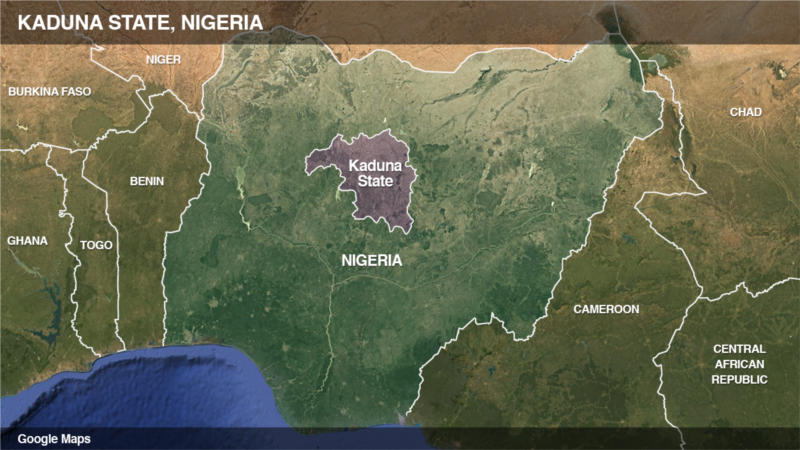Nigeria’s military said on Tuesday it had rescued 16 abductees in the northwestern state of Kaduna after fighting with insurgents who attacked a local community on Sunday night, one of two kidnapping attacks in the region over the weekend.
According to a military statement published on
The military said the attackers took several hostages before arriving, exchanged gunfire with them and rescued 16 abductees.
Local media reported that 87 people, including women and children, were missing in Sunday’s attack, just 24 hours after gunmen captured 16 people at their home in Dogon Noma, another community in Kajuru.
The military said troops were still searching for missing persons in the forest. A series of kidnappings in Nigeria in recent weeks have sparked fears of rising insecurity.
Security analyst Chidi Omeje said worsening economic problems and a lack of governance in remote areas were to blame.
“These people became emboldened because they saw a window of opportunity and they just took advantage of it,” Omeyer said. “It’s clear that the response of the security government and the security agencies was not enough to effectively curb these breaches.” But. These are just appearances. The real problem is the growing poverty and depression of the people. “
The worsening security situation in Africa’s largest country comes amid a worsening economic crisis.
Kaduna State has been a hotspot for recent incidents. Just a week ago, 287 students were kidnapped in the state, and a few days later, 61 more residents were kidnapped.
The latest incidents prompted authorities last week to order the establishment of a mobile police base in the state.
But security analyst Kabir Adamu said what is needed most is a change in strategy.
Adamu said: “There are gaps within the security architecture. The further you go from the city center, the wider the gaps become. This clearly shows that protection for residents, especially in rural areas, is almost non-existent.”
Kaduna is home to many military training institutions and facilities.
Omeje said authorities needed to adjust police deployment to where they were needed most. There are still many unsupervised areas, he said, while 60% of the country’s police force is dedicated to protecting VIPs.
“About 10 percent are in offices doing administrative work, and then about 30 percent are left doing actual policing,” Omeyer said. “We must consciously restore normal internal security structures.”
President Bola Tinubu, who is implementing bold economic reforms, vowed last year to tackle insecurity if elected.
On March 14, 16 soldiers, including senior military officers, were killed and beheaded in the southern state of Delta. They were tasked with quelling a conflict between two communities in the Bomadi area.
The Nigerian military has launched an investigation.
Follow us on Google news ,Twitter , and Join Whatsapp Group of thelocalreport.in
